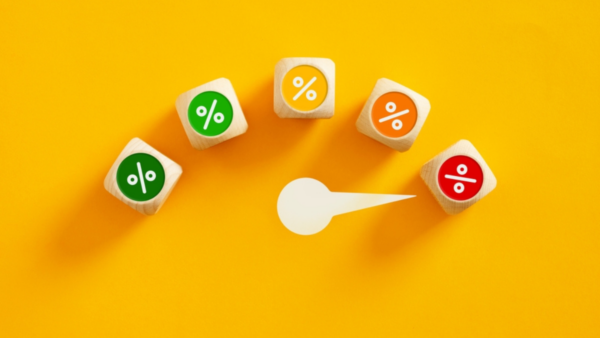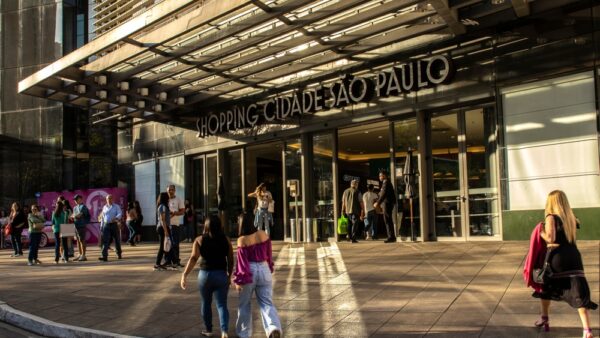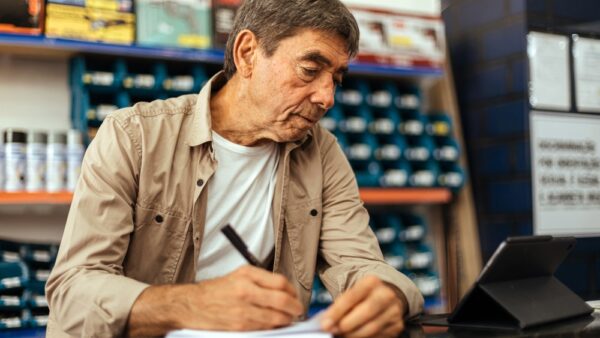The average price of a liter of milk on supermarket shelves in São Paulo jumped 24.8 percent between June and July, according to a survey by consumer protection organization Procon. This means that a liter of milk was 14 percent more expensive than a liter of gasoline in Brazil’s largest city last month.
Fuel and milk were the standout products in the July consumer price index. While falling gasoline prices were the single biggest factor behind Brazil’s first monthly deflation in over two years, milk prices exerted significant upward pressure on inflation that month.
Fuel prices dropped 13.5 percent last month in São Paulo, similarly to other cities in the country, according to data from the National Oil Agency.
Per analysts, the drop in gasoline is partly due to the cut in state fuel taxes, a measure sanctioned by the Jair Bolsonaro government with the aim of taming inflation as the October presidential election approaches.
At the same time, falling oil prices on the international market have given oil and gas giant Petrobras reason to reduce prices at its refineries. The state-controlled company announced the third cut to gasoline prices in less than a month on Monday.
Milk prices, meanwhile, have soared due to seasonal factors which could last until September or October — drier pastures have hurt cow productivity, therefore reducing supply. The increased use of corn- and soy-based animal feed, which has gotten more expensive throughout the pandemic, also drives milk prices up.
This situation has resulted in milk being one of the items with the lowest inventories in Brazilian supermarkets. Stores are instead stacking their shelves with liquid whey packaged to look like milk, and other dairy substitutes of negligible nutritional value.
The poorest suffer the most in this scenario, as they commit a larger share of their budget to purchase basic necessities, such as milk, and do not have their own car.


 Search
Search










































